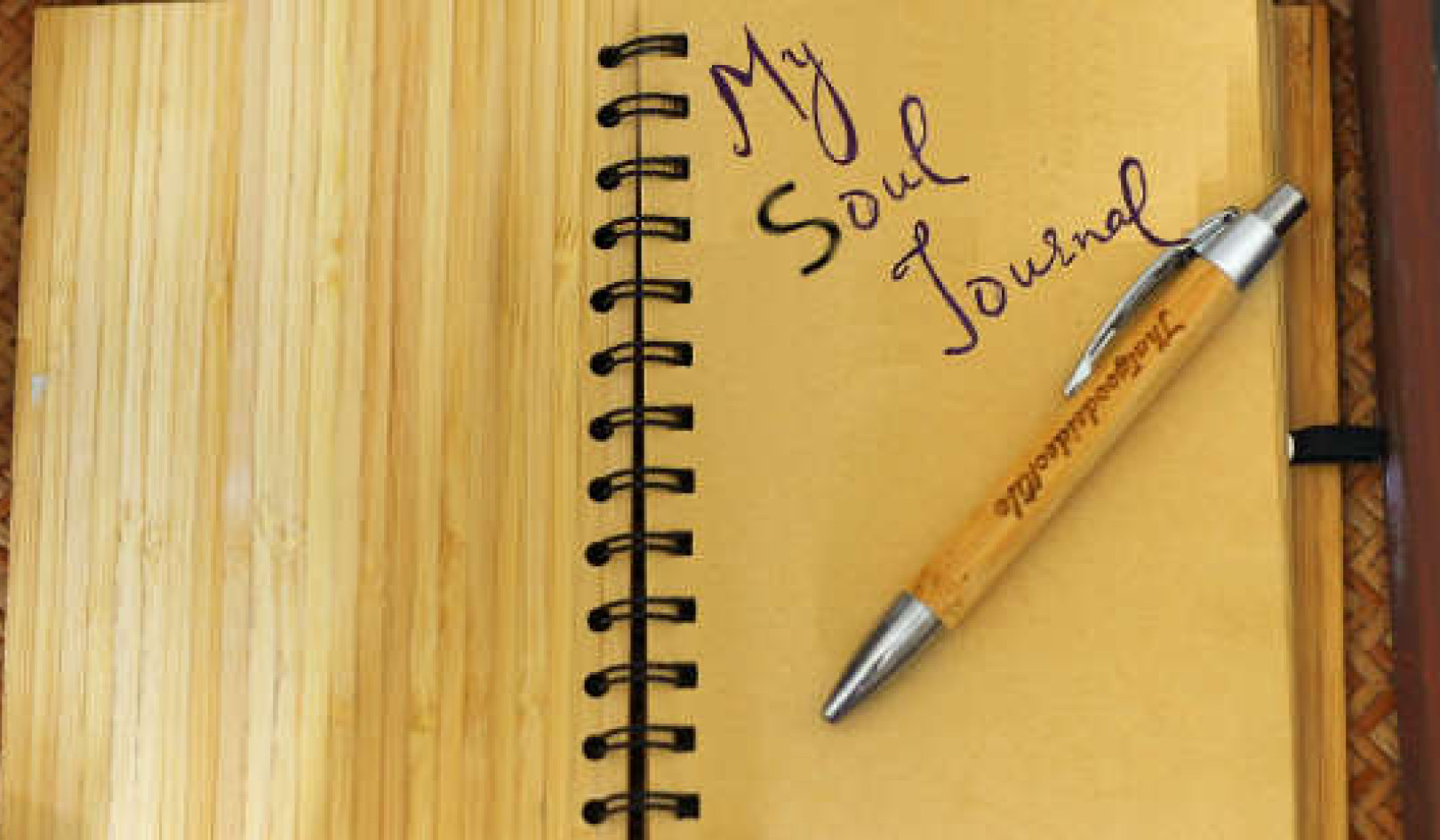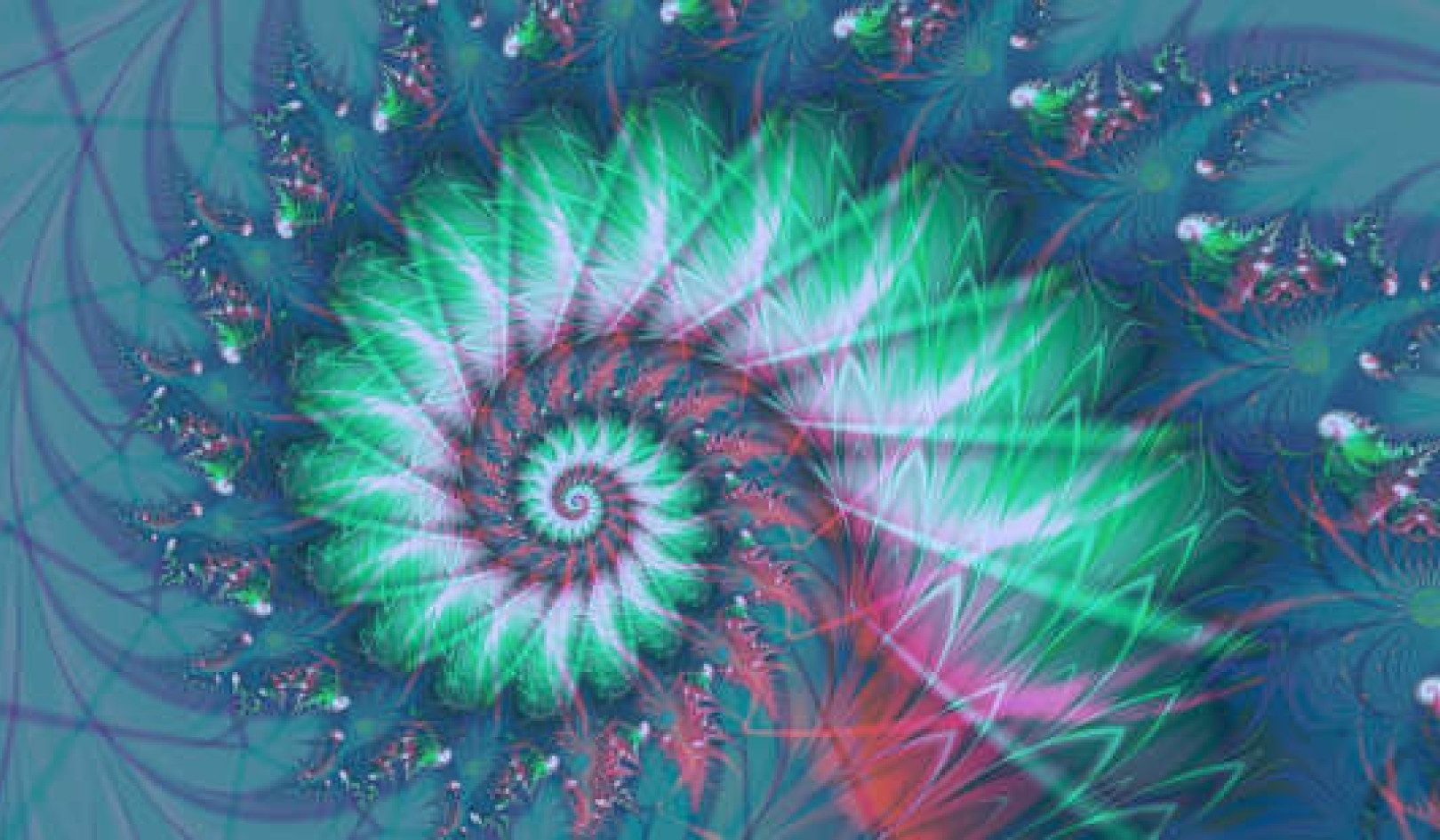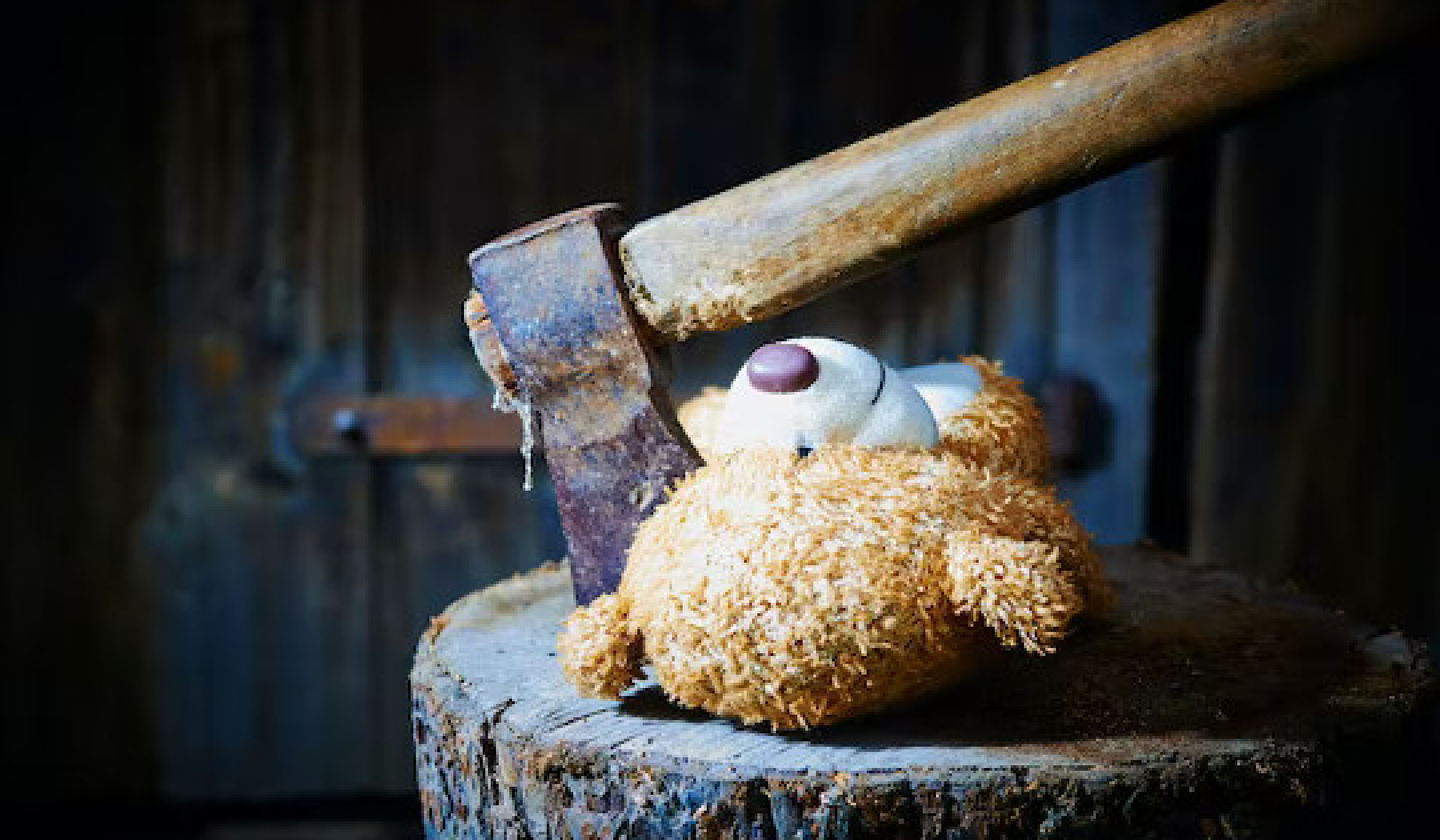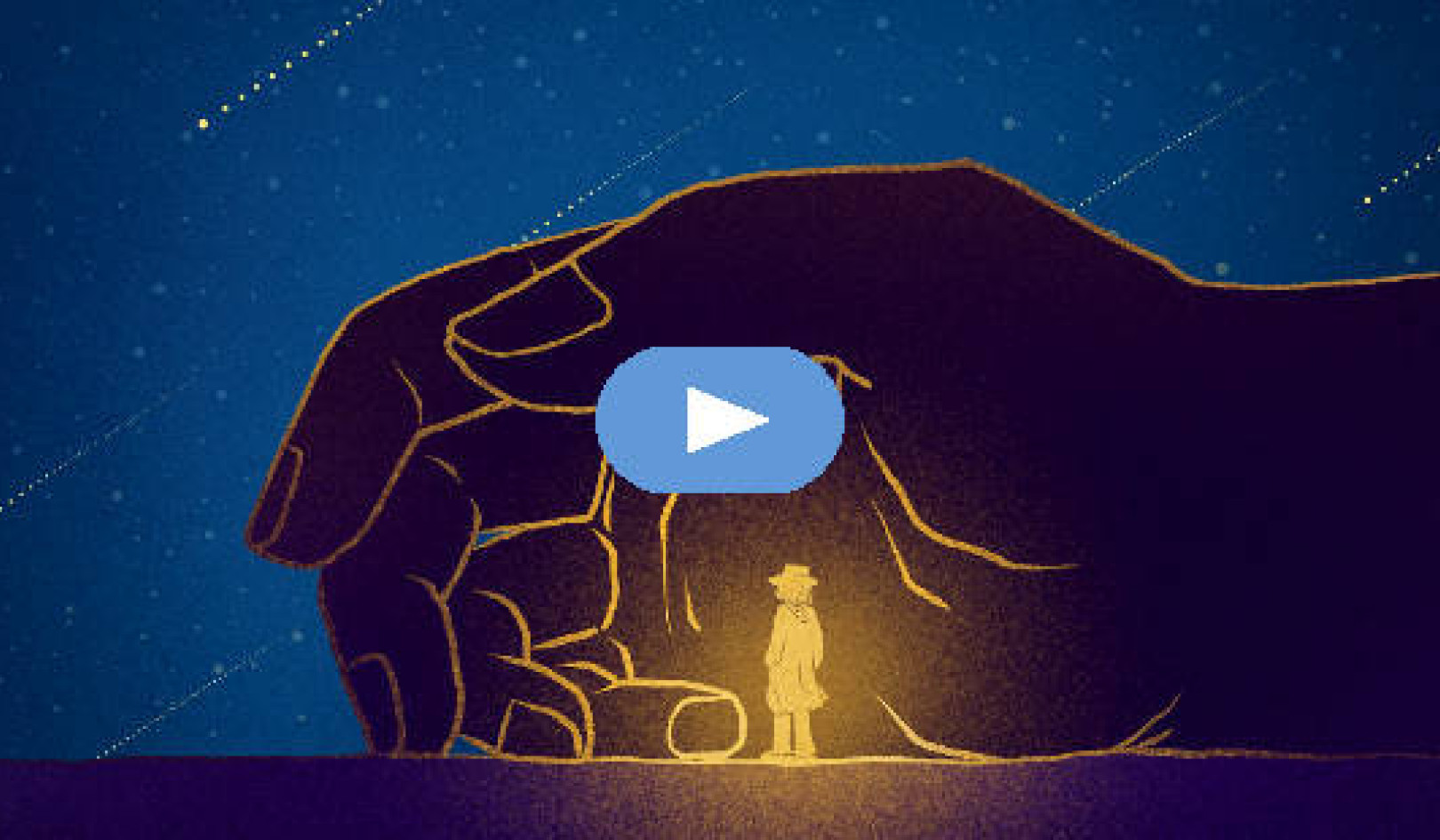
Image by Rondell Melling
Grief is a natural reaction to loss and is something each of us will go through at some point in our lives, whether it is due to the loss of a loved one, a job, or even a belief. When something we love is taken away, grief is our natural, suffering-based response, which can affect not only our emotions, but also our physical and mental health.
When we lose a loved one, we experience grief based upon our personal beliefs about loss, death, or what grief should look like. We’ve learned a lot of these beliefs from our family, our upbringing, and our society without giving them too much thought.
Most people’s foundational beliefs teach them to fear death, hence we also fear its counterpart, which is grief. Experiences of bereavement, mourning, pain, sorrow, and heartache are often very fear-filled, yet these are natural steps in the journey of death and grief.
I have been a certified hospice worker for many years, supporting the end-of-life journey for both the patients and the families involved. Our human meat-and-bone-body lives through the use of our energetic-spiritual-auric bodies. When we die, our body seeks to release these auric bodies to help us disconnect from the physical, three-dimensional world. As a hospice worker, my job is to energetically assist the dying person by helping them release these auric bodies from the three-dimensional world (physical, emotional, and mental fields) so the dying person can return to the spiritual field with ease and grace.
Energy work during and after death assists the transition process for not only the person, but their loved ones holding vigil. When I’m able to offer a psychic spiritual vision of the death process, it allows family members and friends to see the three-dimensional world a bit differently, and presents a new set of tools for navigating the grief process that normally follows the death of a loved one.
Typical Reactions to Grief
As an energy practitioner, I often work with clients experiencing grief, whether it is due to the loss of a job, moving onward in their lives after a separation or divorce, falling out of favor with family or friends, or the actual loss of a loved one, either human or pet. Regardless of the kind of loss my clients are experiencing, many of their reactions to the passing are similar.
Many clients experience tears during grief, but some do not. Crying is a normal and natural response for the body, which helps us move the energies through and release the emotions. Some people, however, find themselves not able to cry and this can be due to many reasons, such as how they were brought up or feeling as if they should retain a sense of control. When people do not cry during a time of loss, they often feel as if they are broken somehow.
Pressuring yourself or someone else to cry during the grieving period can be harmful to the ongoing experience. Some even find the opposite emotion, laughter, is their form of release. The off-handed or sometimes inappropriate giggles or smirks can help the body perform the same emotional release as someone else who is shedding tears.
Other reactions to loss can include, but are not limited to, trembling or shaking, pounding heart, stuck throat, upset stomach, racing thoughts, shock, disbelief, guilt, anger, sorrow, depression, and disconnection. How we grieve is a personal experience and there is no one way, nor right way, to do it. It is a process, and there is no time-clock as to how one moves through each stage. Some people move through the process in weeks or months, others in years. Some choose to never move forward.
Hospice organizations frequently use the teachings of Elisabeth Kubler-Ross and David Kessler to clarify these “stages” of grieving a death. In their opinion, there are five stages to a typical grief process: denial, anger, bargaining, depression, and acceptance. Ross and Kessler present these stages as tools to help the survivors recognize and support what they may be feeling or experiencing following a death or deep personal loss.
It’s important to note that not everyone goes through all stages in a prescribed order. In fact, I find in my work that most people jump throughout the stages, repeating some, while skipping others.
(Editor's Note: While the rest of the articles focuses on the stages of grief over losing a loved one, it also applies to loss of a job, home, health, or loss of a belief.)
What are the Five Stages of Grief?
Denial
Denial is the first stage of grief because this is the shocking, numbing realization that your world is forever changed. It may feel like everything is crashing down around you or you may refuse to acknowledge it and deny it is even happening.
As a human being, you are experiencing this reaction mostly in your mental body and auric field. You are trying to make sense of things, based on your mind-programming, which is running at a rapid pace and almost blocking off the emotional field. This “blocking” of the emotional field creates the numbing effect throughout the physical body.
This stage is important for the energy bodies because it allows them to begin to connect and support one another. So give yourself time and patience to move through this Stage of Denial at the pace that is unique to you. The more patience you have, the more the emotional field will be able to begin to surface when it feels safe to do so. The numb feeling also protects the physical body to get ready to traverse the next stage of grief, which is usually anger.
Anger
Anger is a very necessary stage in the process of mourning, but it is critical to move into, and then through, this stage. If you hold on to the energy of anger, it will eventually cause disease or dis-ease your own body and manifest as physical, emotional, or mental symptoms.
My suggestion is to move into your anger by examining it rather than stuffing it. If you do choose to stuff it, it will still be there creating the foundation for potential disease to come.
Befriend your own body during this Stage of Anger, and remember that anger is only the surface emotion to the energy of fear. So examine what it is that you are afraid of regarding the recent loss. There are usually many underlying layers to this stage, and it is the anchored fear-based beliefs that you want to unearth, examine, and make peace with.
This stage also can ignite challenging thoughts like, “Why did God let this happen?” or “Why didn’t I stop him/her.” This is when you may want to honor the concept of the Soul Contract and Akashic Records (explained earlier in this book). Honoring another’s Soul Contract allows your heart to open and heal by acknowledging that person gets to die and move forward on their soul path because they chose to from a Higher place.
Bargaining
This is the stage I usually see people experiencing when they get a fatal diagnosis for themselves or their loved one. It is also experienced when family or friends are supporting the final stages of the death process and holding vigil for the impending passing. At either point, most people will be willing to do just about anything to change the path in process, including bargaining on behalf of themselves for the one dying. Many will strike a bargain with “God” to change the outcome “If you do this, then I will do that.”
During this stage it is also critical to examine the acceptance of the Akashic Record of the person moving forward in their death journey. When we put conditions on our love for someone by bargaining for a different outcome than what their Record currently is dictating as their journey, it is as if we are saying that we will love them more if they will change their outcome or change the path of their journey to fit what is comfortable for me, the one who remains.
Other bargaining statements include the “if only’s” that harbor the feelings of guilt for not being in the right place at the right time, missing the opportunity to again change the outcome. Guilt will move the energies back into the mental field and begin to run old tapes of victim programming, including messages of: “I was not there, it is somehow my fault, I am not good enough, I was not able to change the outcome,” and this will then lead to the next Stage of Depression.
Depression
Depression can take many forms as the grief is settling into the body and the life of the person left without their loved one. Depression is an appropriate and normal part to the mourning process and should not always automatically be seen as slipping into a mentally unstable state or becoming ill.
The deep sadness of loss and how it affects your present life can be overwhelming and lonely and can affect your behavior. Withdrawing from life for a period of adjustment is common and is helpful to the energy bodies, which are working to arrive at some sort of resolution, balance, and state of healing.
At this stage, it is important to examine the actual layers of the depressed state. Take time and patience to unravel the physical, emotional, and mental situations causing depression as well as the underlying feelings, which can move you to the next Stage of Accepting that you will now be living without that person.
Acceptance
This stage can be a bit confusing because some feel like this word “acceptance” means “getting over it” or “being all done grieving now” and that is simply not the case. Most people don’t ever really get over a death. We move through it and onward from it.
Instead, this stage is all about accepting the situation and the reality of it. I believe this stage is where one can really learn to trust in one’s Higher Self and spiritual connection to Source. It is an opportunity to connect with our loved one working with a different set of tools and learning to work with and honor their energy body, instead of mourning the loss of the meat-and-bone one.
To move into this stage, find ways to connect with the new version of their Higher vibrational Self. When you actively seek to connect in healthy ways, you can find the joy and wonder of the signs they send via magical calling cards such as birds, special songs, or a whiff of a personal fragrance. This stage is where we regain our birthright to use our psychic senses and stretch our skills beyond the three-dimensional world into the magic of the beyond.
Coping with Loss
Most of us fear death itself, but coping with the loss of a loved one is probably one of life’s hardest challenges. Experiencing the pain of grief and mourning death is an important piece of shifting one’s energy to clear the cell trauma of the loss. Many people’s family or societal beliefs give them the message to run from or stuff away the emotions of grief.
Many adults try to cover up their grief to protect the feelings of others, especially if there are children involved. Others have grown up with the messages of anger when it comes to the grief process and run the victim “Why Me?” programming, which keeps them from moving onward with life following the loss of a loved one. We are raised with many mixed messages on how to cope with death, and will ultimately face and deal with grief differently.
Grief is as unique as the individual. Not everyone grieves the same, and there is certainly no appropriate time-clock attached to the process. My goal as an energy practitioner and instructor is to offer knowledge of the soul and its Akashic Record. Prior to a human incarnation, each soul drafts their unique Akashic Record, or Book of Life, which contains the elements of not only their life, but also their death. When we acknowledge the concept that everyone “gets to die,” this can soften and sometimes even eliminate the Stage of Anger to help us move more swiftly into the Stage of Acceptance.
Finding acceptance of the person’s soul decision, in the way they die, the time they die, and with whom they die at their side, offers those left behind a tool to assist them in moving through these stages of grief.
Some Tips on How to Deal with Grief
* Do it YOUR way. Everyone moves through the process of grieving and mourning differently, so own your unique version and be sure to take care of yourself first.
* Seek outside support when needed, and seek inner solace when needed.
* Do not hide from your true emotions, including the pain of loss.
* Be aware that a new loss can indeed trigger an old one. With this can come unexpected feelings and emotions.
* Stay physically, emotionally, and mentally grounded by making time for yourself and be sure that some of this time is QUIET time.
* Practice relaxation techniques that keep you connected to your body and to Mother Earth. Your Root Chakra is the life-force point that holds the “feeling safe” energies. Make sure to honor your feelings of safety as you move through life now, without that person you have recently lost. Examine what your new version of safe looks like, feels like, sounds like, and adjust accordingly.
* Schedule time to cultivate joy in your life, include friendships that support your path, find a new interest, and have some fun without guilt attached.
* Relax with a good book, a hot bath filled with glorious essences like lavender oil, or enjoy a great glass of wine by a blazing fire.
* Take care of your meat-and-bone-body by getting plenty of rest, good nourishing foods, and water.
* Do your best to reestablish your routine or create a new one. After the loss of one who has been integral in our routine life, it is important to find a new rhythm, a new flow, that offers freedom and passion or comfort and familiarity.
* When you have a good day, do not allow any guilt of moving onward to overshadow your joy in any way.
* And last, have patience. There is no end to how we handle life or death, there is only the journey.
Experiencing the death of a loved one can be life-altering. The ones left behind oftentimes need to modify their daily routine, and sometimes, their entire lifestyle, especially if their level of grief moves into long-term depression, feelings of isolation, and abandonment. This is a time to reach out for assistance.
Allow yourself to fully grieve in your own way, in your own timeline. Keep talking and sharing with those that love you, and take one day at a time. Make sure you have a support system or call a professional to assist in the process.
©2020 by Suzanne Worthley. All Rights Reserved.
Publisher: Findhorn Press, imprint of Inner Traditions Intl.
www.findhornpress.com and www.innertraditions.com
Article Source
An Energy Healer’s Book of Dying: For Caregivers and Those in Transition
by Suzanne Worthley
 Written by a highly skilled intuitive energy worker, this compassionate guide reveals what is happening energetically during the transition back to spirit and details how to provide support in any phase of losing a loved one: before death, during the dying process, and afterward. Taking readers step-by-step through the nine energetic levels of dying, author Suzanne Worthley explains what is happening at each level or dimension energetically, what to watch for in each stage, and specific ways in which we can support our loved ones through their transition back to spirit.
Written by a highly skilled intuitive energy worker, this compassionate guide reveals what is happening energetically during the transition back to spirit and details how to provide support in any phase of losing a loved one: before death, during the dying process, and afterward. Taking readers step-by-step through the nine energetic levels of dying, author Suzanne Worthley explains what is happening at each level or dimension energetically, what to watch for in each stage, and specific ways in which we can support our loved ones through their transition back to spirit.
For more info, or to order this book, click here. (Also available as a Kindle edition.)
About the Author
 Suzanne Worthley is an energy healing practitioner and intuitive who has focused on death and dying for 20 years. She has played a vital role in partnership with families and hospice teams, helping the dying have a peaceful transition and helping families and caregivers understand what is happening energetically during the death process. Visit her website at www.sworthley.com/
Suzanne Worthley is an energy healing practitioner and intuitive who has focused on death and dying for 20 years. She has played a vital role in partnership with families and hospice teams, helping the dying have a peaceful transition and helping families and caregivers understand what is happening energetically during the death process. Visit her website at www.sworthley.com/



























